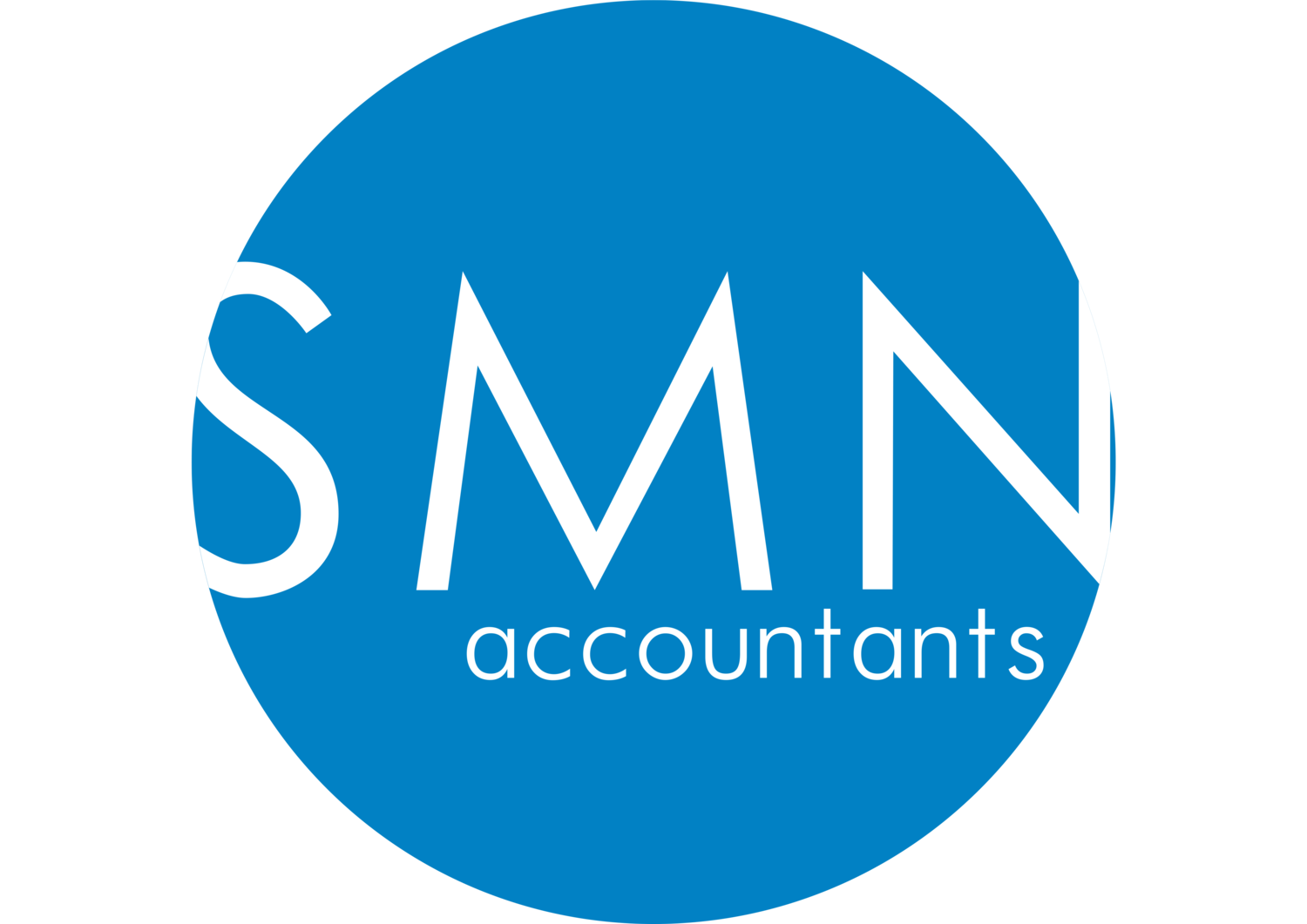Tax Tips: Temporary Full Expensing & Loss Carry Back Offset
Tax Time is fast approaching, and businesses are now looking at their year-to-date profits and income tax implications. The recent budget confirmed the extension Temporary Full Expensing of Assets (TFEA) and Loss Carry Back Offset until 2021-22. These incentives available can help mitigate current tax liability. See below an overview of what each concession is and who may be eligible.
Temporary Full Expensing of Assets
Businesses with an aggregated turnover of less than $5 billion can now claim immediate deductions for the full costs of depreciating assets (including second-hand assets) held from 7.30pm AEDT on 6 October 2020 and first used, or installed ready for use, by 30 June 2022. We will take a look at the key requirements for specifically Small Business Entities.
Small Business Entities
An entity qualifies as an SBE if:
it carries on a business; and
its aggregated turnover is less than $10 million.
There is no longer a threshold for the cost of depreciating assets. Therefore, the TFEA incentive will apply to eligible depreciating assets that are:
first held after 7.30pm AEDT on 6 October 2020; and
first used/installed and ready for use for a taxable purpose on or before 30 June 2022.
The following assets are excluded under the TFEA provisions:
Building & leasehold improvements;
Film production assets;
Assets previously allocated to low-value pool;
Software development pool assets; and
Certain primary production assets (e.g. horticultural plants, water facility and fencing assets)
Notably there is no longer a threshold relevant to the Small Business General Pool. This means the balance of the pool can be claimed in full at the end of the income year (e.g. 30 June 2021).
The table below depicts a timeline of what the thresholds are for instant asset write-off/TFEA for SBEs from the 2019-20 income year and onwards:
Loss Carry Back Offset
A tax loss may be incurred in an income year as a result of claiming an immediate deduction under TFEA. Eligible entities can elect to ‘carry back’ a tax loss incurred in the 2019–20 to 2021–22 income years and offset it against the income of the 2018–19 or later years, creating a refundable tax offset for the 2020–21 and 2021–22 income years. Eligible entities primarily include companies while other entities such as sole traders, partnerships and trusts do not qualify.
The company must have incurred a income tax liability for any or all of the following income years:
2018–19;
2019–20;
2020–21.
For further information on Temporary Full Expensing of Assets and the Loss Carry Back Offset please get in touch with us.

